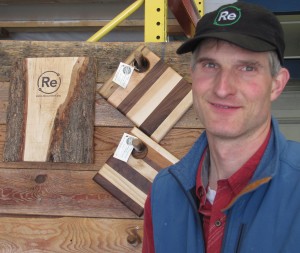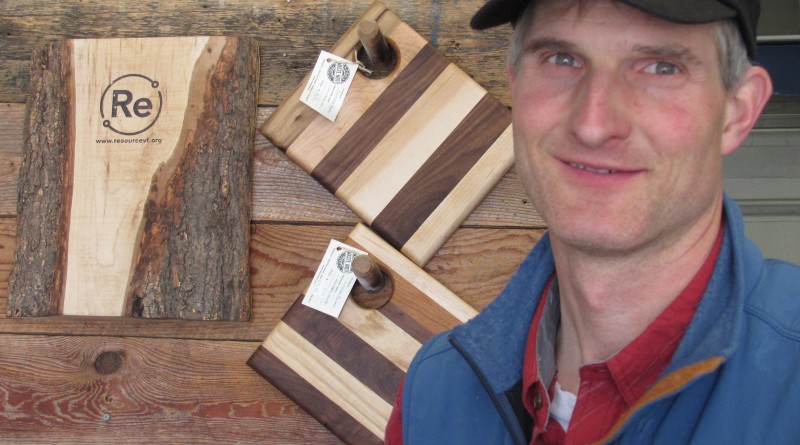The Intangible Rewards of Coaching
Coaching high school or collegiate athletes can be stressful, exhausting, and incredibly time consuming. Unless you are coaching one of the revenue producing sports (football or basketball) at a major university, the financial compensation is nothing to brag about. And there is virtually no job security: one or two losing seasons, perhaps due to fluke injuries to key team members, and you might be looking for a new job.
The rewards of coaching, especially a “minor” sport like skiing, are more intangible. One of the most gratifying is the opportunity to work with eager, motivated students at a time in their athletic development when they are capable of the most dramatic improvement. There is tremendous satisfaction in coaching an inexperienced, but determined, high school or college freshman into a varsity letter winner by senior year. I was privileged to enjoy this experience during five years of coaching high school runners and skiers in Anchorage, Alaska, and 11 years of coaching Nordic skiers at Dartmouth College.
But in the years since I gave up coaching, another, even more significant, reward has emerged: observing what my former athletes have done with their lives. Not surprisingly, the competitive zeal and work ethic of the endurance athlete is still evident regardless of the career path. These were high school and college students who were driven to do their best, both in the classroom and in sports, so it is little wonder that they excel in their professions as well. Two excellent examples are Tom Longstreth and Max Cobb, who both make their homes in Vermont.

Tom Longstreth arrived at Dartmouth College from New York City, looking more like a lanky basketball player than a Nordic skier. But what he lacked in experience on snow, he made up for in quiet, unassuming dedication. By sophomore and junior year, he was challenging skiers who had been winning races since junior high school, and by his senior season, Tom was a regular on the six-man Winter Carnival team. Twenty-five years out of college, Tom (or Stretch, as he was known to his Dartmouth teammates) continues to race well in local and regional Nordic events, including the annual Craftsbury Marathon.
But Tom’s most significant achievements since college have not been on skis. Always an activist for the disadvantaged and underprivileged, Tom followed several years of working with Vermont’s Youth Conservation Corps with earning a master’s degree in public policy from Harvard’s Kennedy School. He then returned to Vermont in 1996 to lead ReCycle North, an innovative program in Burlington with a three-pronged mission: first, to accept unwanted household appliances, thus keeping them out of our overflowing landfills; second, to teach unemployed people the skills needed to repair the discarded appliances (in the process giving them the confidence and training to become productive members of the community), and third, to operate a store in which the repaired appliances and other household items are sold at very reasonable prices.
Since he took over, 750 people have received job training skills, 10,000 low-income folks have purchased needed appliances and household goods, and 10,000 tons of waste have been kept out of our landfills. Because of the continually expanding programs, including a recently opened facility in Barre, the organization is now known as ReSource.
Max Cobb arrived at Dartmouth from Cambridge, Mass., via Proctor Academy, where he developed a love for Nordic skiing and the outdoors. As a freshman, Max claimed the dubious distinction of being responsible for a team helmet policy; since he fell so frequently on roller skis, it was determined that he (and everyone else) should be required to wear helmets during those workouts. Yet, by his junior year, Max was guiding his Dartmouth teammate Joe Walsh to a medal in the blind category of the Disabled World Skiing Championships. Two years later, the pair won Paralympic bronze at the 1988 Games in Innsbruck, Austria.
That taste of international competition prompted Max to accept a position with the U.S. Biathlon Association as the domestic race coordinator, where he quickly learned the essentials of the sport. A year later, when the association hired a couple of European Olympians as coaches, Max was promoted to assist them. Through the following years he waxed skis, drove vans, made travel arrangements, scheduled training camps, and coordinated with the Olympic Committee. When Salt Lake City won the bid to host the 2002 Winter Olympics, Max Cobb was the unanimous choice for the vital position of Chief of Competition. The success of those events catapulted Max to leadership positions within the U.S. Biathlon Association and even more impressively, in the International Biathlon Union.
Both Max and Tom continue to demonstrate the quiet determination that distinguished them as college skiers, but now their efforts benefit their communities and beyond.

